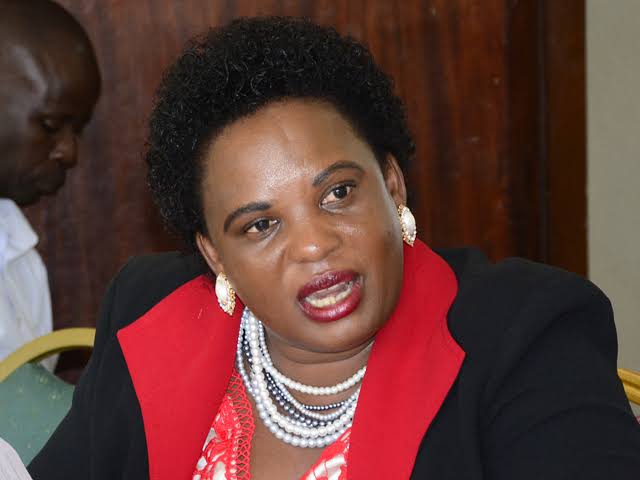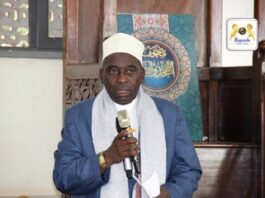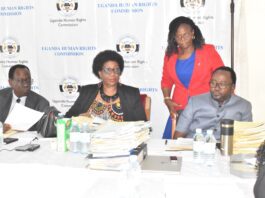The 11th Parliament of Uganda has merged special interest groups, namely the National Youth Council, the National Children’s Council, the National Women’s Council, the National Council for the Elderly, and People with Disabilities, into one secretariat. The secretariat will be headed by an executive secretary under the Ministry of Gender, Labour, and Social Development.
According to Betty Amongi, the Minister of Gender, the special interest groups have not been disbanded, but rather, they will be split into departments, and they will each have the power to make their own budgets.
“The special interest groups should be rest assured that their councils have not been disbanded; they will be split into departments where each will have the power to make their own budgets,” Amongi said.
Amongi made the remarks on April 19, 2024, when Charles Bakabukindi, the workers’ representative, was presenting a report from Parliament‘s Gender, Labour, and Social Development Committee before the floor of Parliament.
In his remarks, Bakabulindi asked the government to ensure that all the technical staff that has been working under the different councils is preserved in their positions so that they avoid loss of expertise.
He noted that the government will lose out on highly experienced technical officers, adding that the bill does not guarantee that they will be redeployed in the National Secretariat.
“Government should give priority to technical experts and highly skilled staff while staffing the secretariat, so that government does not lose on the return on investments,” Bakabulindi said.
The Committee on Gender expressed reservations on the proposal to bump up the entire council into one secretariat, arguing that the special groups are already marginalized, and in the event of rationalization, it is important that they minimize the adverse consequences that may affect special interest groups further.
“It is also important to be mindful of the core factors for which parliament established the councils for the special groups,” the committee members noted.
According to Bakabulindi, with the abolition of the authority, there will be no independent government agency on child-related matters, resulting in a big gap in the role of policy formation, consultations, and efficient protection of children’s rights in Uganda.










